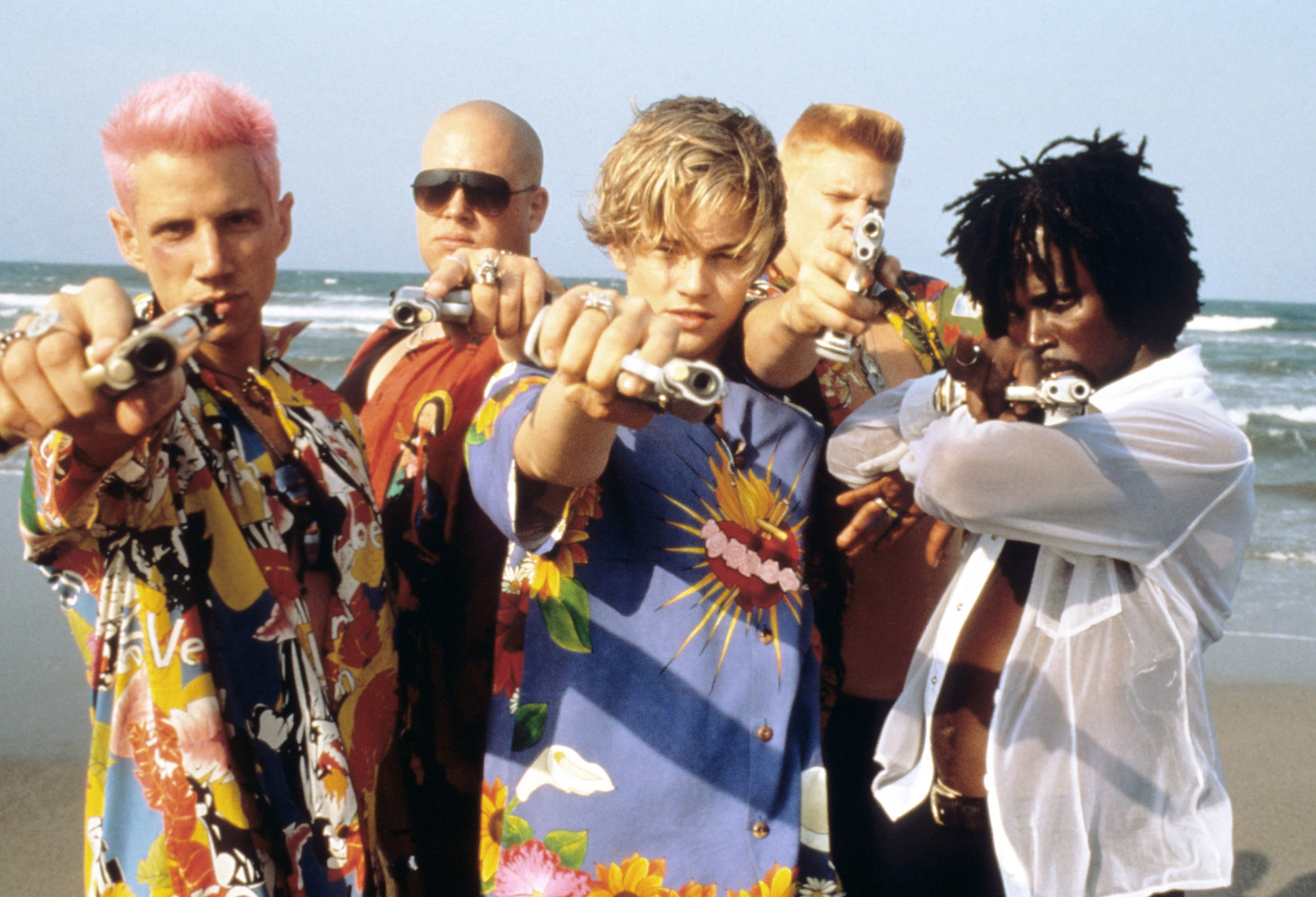This month marks 30 years since the US release of Baz Luhrmann’s first film, Strictly Ballroom. In the decades since this striking debut, Hollywood’s glitzy Aussie maestro has been nominated for Best Picture at the Oscars twice. First, in 2001, for Moulin Rouge!, and this year, for his loose-hipped, freewheeling biopic, Elvis.
No filmmaker does the most quite like Baz. His filmography constitutes just six films, yet each one feels more ambitious than the last. And the response is always divided. His cult-favourite, the Leo-starring adaption of Romeo & Juliet, was lambasted by critics at the time, described as a “monumental disaster” and a “mess”, but has since picked up legions of fans and retrospective acclaim.
Here, from worst to best, are Baz Luhrmann’s movies, ranked.
6. Australia (2008)
Famous for being Baz’s homegrown take on Gone with the Wind, the grandiose Australia succeeds on a visual level but doesn’t resonate much beyond that. It’s his most organic, least fantastical film to date: the tale of an English Lady (played by Nicole Kidman) who, in the time between World War I and World War II, migrates to be with her husband, who runs a cattle station that stretches across much of Australia’s North Western coast. But when he’s murdered, apparently by an aboriginal elder, she’s taken care of by a drover (played by Hugh Jackman) and a love affair ensues. What unfolds is a sweeping story of romance and conflict; about the colonising of Australian aboriginal land by English migrants. Big ambitions? Standard Baz, but very little of it lands.
5. Strictly Ballroom (1992)
Baz’s first feature being indirectly responsible for the rise of Claudia Winkleman on British reality television (Strictly Come Dancing lifted its name from this) is just one of the many reasons why we should consider it a classic. An aggressively campy romcom about the freewheeling son of a ballroom family, intent on dancing to his own tune, it was inspired by a stage play Baz himself created six years prior to its release. It marks the first act of his now famous Red Curtain trilogy, and is the first time he collaborated with Craig Pearce, the screenwriter he still works with today.
4. Moulin Rouge! (2001)
A favourite of mums, gays and musical theatre girlies everywhere, the unhinged jukebox musical Moulin Rouge! (the exclamation point is necessary) took us to late 19th century Paris, and retold the love story of a young writer (Ewan McGregor) and a star performer in Montmartre. Recounting their fizzing, OTT relationship, the velvet-drenched film features fairies, dukes and prostitutes, and was so ambitious it became a box office success and Baz’s first Best Picture nominee.
3. Elvis (2022)
The big screen equivalent of a bag of sequins in a washing machine on spin setting, Baz’s extremely long, extremely loud biopic about Elvis Presley’s life was, well, comprehensive. Nearly three hours long, it was a colourful assault on the senses that saw Tom Hanks deliver the most scatty performance of his life. But nestled amongst the madness — which, on reflection, was necessary to capture the insanity of Elvis’ rise — was a career-changing performance from Austin Butler in the lead role. You might have your doubts about Baz’s directorial prowess, but when you lean into it and let it wash over you, his strengths are revealed.
2. Romeo & Juliet (1996)
A divisive creation when it first hit cinemas, Baz’s contemporary take on Romeo & Juliet transformed the way we saw Shakespeare: a sexed-up turf war with Hawaiian shirts and shoot outs. Of course, Claire Danes and Leonardo DiCaprio were its stars, with Leo himself laying the groundwork for his position as a late 90s heartthrob. A veritable cult classic. Shakespeare found rotting.
1. The Great Gatsby (2013)
F. Scott Fitzgerald’s slight-in-length classic was stretched out and re-morphed by Baz Luhrmann into a film so. While the Romeo & Juliet tale was retold in a new setting, Baz used his string-pulling power to form an unorthodox, uber-expensive looking story of aristocracy from the outside; of riches and excess in early 20th century Long Island. The source material is perfect, and from it he spun a fine work of art that challenged the confines of period cinema. You were watching lavish 1920s parties unfold to the sounds of Beyoncé and Jay-Z, and yet it all made perfect sense. Of course, no Baz film can escape the feeling of being, on some levels, cringe, but there was also something awe-inspiring about his spectacle and vision here. If you were to capture his spirit in one single project, his boundary-pushing The Great Gatsby might just sum Baz Luhrmann up perfectly.
